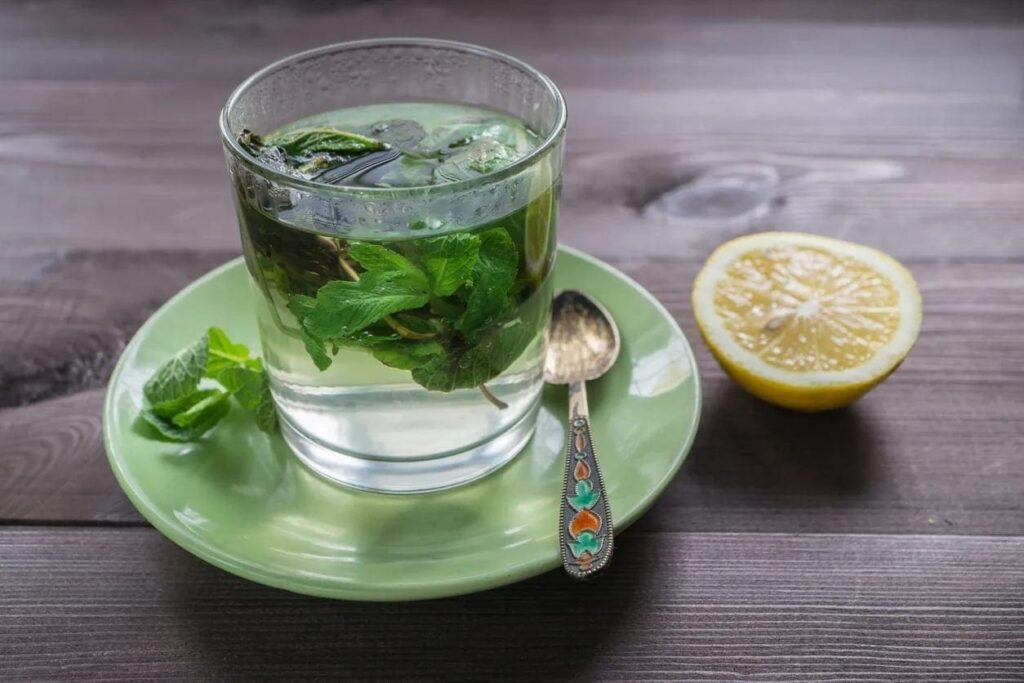
Green Tea, Gut Microbes, and Cancer

It is now roundly accepted by the scientific community that the diet has an epic influence in both the development and treatment of acute and chronic diseases including cancer. However, what is the role or influence of specific individual vitamins? Mamede et al., (2012) published an article reviewing the roles of various vitamins including Vitamins A, D, E, K, C, and the family of B vitamins in cancer. Vitamin A decreases cancer cell growth, induces apoptosis of cancer cells, and inhibits mammary carcinogenesis in rodents as well as decreases the proliferation of human breast cancer. This fat-soluble vitamin also decreases the expression of c-erbBeta, a gene linked with more aggressive forms of breast cancer. Vitamin D has been shown to activate macrophages, decrease proliferation of prostate, colon, melanoma, renal and ovarian cancer, and is protective against the development of colorectal cancer. In addition to being a vitamin, it also acts as a hormone affecting over 200 genes that influence cell proliferation, apoptosis, and angiogenesis. Vitamin E is a powerful fat-soluble antioxidant that protects against free radicals and oxidative damage. However, alpha-tocopheroxyl, a free radical derived from Vitamin E may exert anticancer effects due to its promotion of oxidative stress. In addition, Vitamin E has been found to have anticancer effects specifically in the prostate with and without other antioxidants including selenium. Vitamin C is a water-soluble antioxidant that reduces free radicals and oxidative damage associated with cancer. It also targets and acts selectively on tumors because they have reduced levels of antioxidant enzymes. Of the eight B vitamins, vitamins 6, 9, and 12 are of crucial importance in cancer. These three have overlapping biological roles as coenzymes for the synthesis of the building blocks of DNA. Inadequate levels result in chromosomal breakage and DNA disruption. These vitamins are also crucial in the methylation process including that of DNA (1).
In addition to vitamins, green tea (Camellia sinensis) and its associated polyphenols (EGCG and EGC) have been extensively studied for their role in cancer prevention. Among the polyphenols of green tea, EGCG has been shown to be the most effective against free radicals and reactive oxygen species (ROS). Endogenously formed ROS is implicated in promoting carcinogenesis and EGCG along with other polyphenols in green tea may significantly reduce these species during different stages of carcinogenesis. Green tea and its cancer prevention effects have been investigated using various experimental models with many studies reporting efficacy. Numerous animal studies have shown it to have inhibitory effects on the formation and development of tumors as well as be effective in preventing cancer of the skin, lung, intestine, stomach, prostate, and other locations. The mechanisms of action of green tea have yet to be fully elucidated but the antioxidant effects, JNK-enzyme inhibition, and target protein binding, among others have shown to be directly involved in cancer prevention (2).
As early as the late 19th, it has been speculated that infection may contribute to the development of cancer. Furthermore, chronic alterations of intestinal microbiota leading to dysbiosis could do the same. This has been exemplified by the association of Helicobacter pylori infection with gastric cancers and a certain type of lymphoma or HPV and its association with cervical cancer and various head and neck cancers. Currently, it is believed that approximately 20% of malignancies are attributed to infections (3). In addition to the known physiological roles the microbiota plays in health can it also influence disease? The Large intestine holds the largest concentration of bacteria and it seems logical that the action of bacteria would be in the colon. Not surprisingly, the risk of cancer in IBD is significantly higher if the colon is affected. The first experimental model between gut microbiota and colorectal cancer was in 1975, when Reddy et al., found that after chemical-induced 93% of rats with normal flora developed colorectal cancer as compared to the 20% of germ-free rats that developed colorectal cancer. Since then many studies have been published linking the gut microbiota and the development of colorectal cancer and many others including hepatocellular carcinoma and breast cancer (3).
SOURCES:
- Ana Catarina Mamede , Sónia Dorilde Tavares , et al. (2011): The Role of Vitamins in Cancer: A Review. Nutrition and Cancer. 63:4, 479-494.
- Yang, CS, and Wang, X. (2010). Green Tea and Cancer Prevention. Nutrition and Cancer. 62:7, 931-937.
- Compare, D and Nardone, G. (2011). Contribution of Gut Microbiota to Colonic and Extracolonic Cancer Development. Digestive Diseases. 29: 554-561.
Author Devin Wilson ND, CCT

As an integrative doctor, I utilize all appropriate treatment tools in managing my patients. Using the therapeutic order as a guide for naturopathic treatment stratification, we find that removing obstacles to cure and dietary modifications are pillars of a comprehensive plan. Contemporary society and modern science alike have witnessed the effects of the western diet such as obesity and type two diabetes epidemics, but can diet have an additional effect on health and diseases.
**Disclaimer**This site and its services are for consumer educational use only. Nothing contained in this article is or should be considered or used as a substitute for medical advice, diagnosis, or treatment. Never start any diet, exercise, or supplement program without consulting your medical provider. This article and its services do not constitute the practice of medicine. Users should always seek the advice of a physician with any questions regarding their health or medical conditions. Never disregard, avoid, or delay obtaining medical advice or following the advice of a physician because of something you have seen or read on this site.
